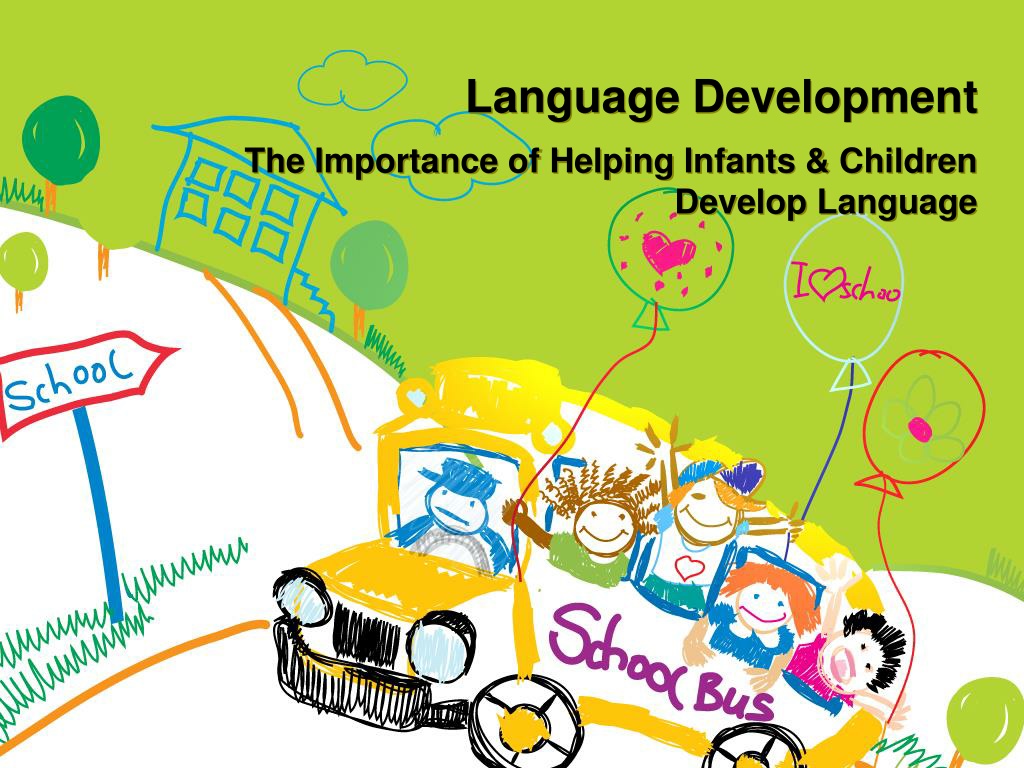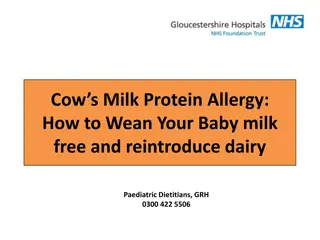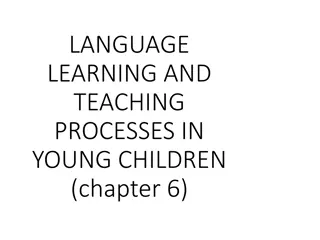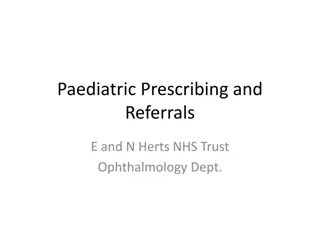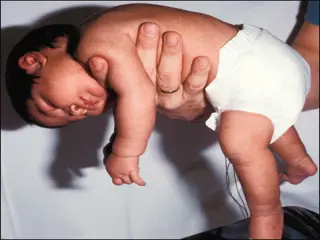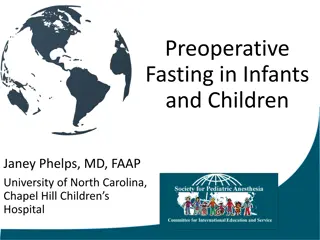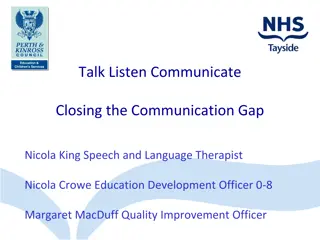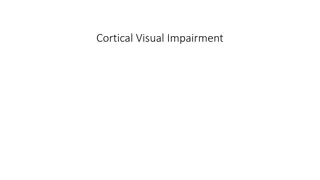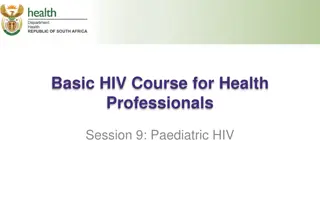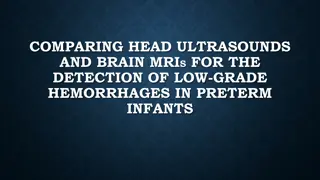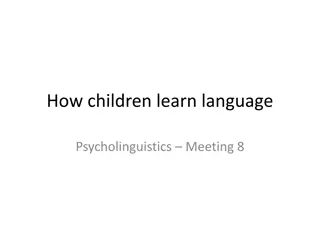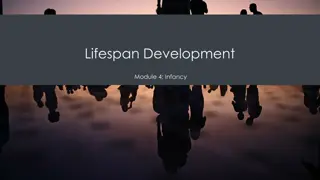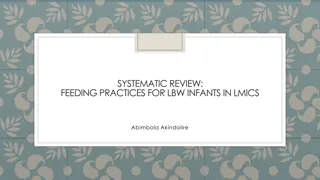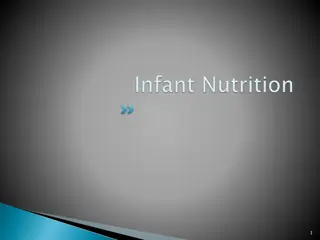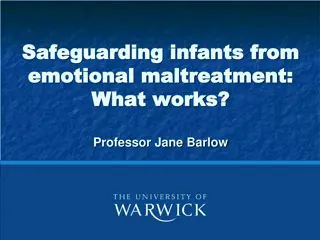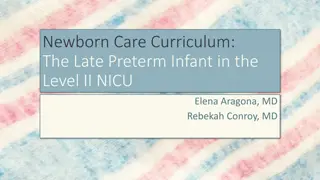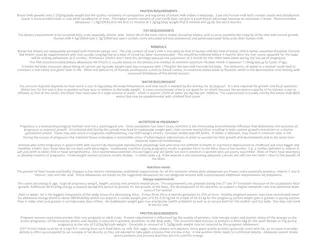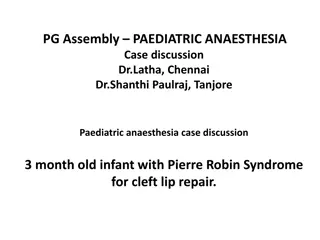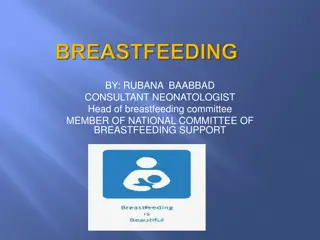Importance of Early Language Development in Infants and Children
Understanding the significance of early language development in infants and children is crucial for building a strong foundation for their future learning. Exposing children to rich language environments, encouraging communication, and actively engaging with them can significantly impact their language skills, vocabulary, and overall success in reading and comprehension.
Download Presentation

Please find below an Image/Link to download the presentation.
The content on the website is provided AS IS for your information and personal use only. It may not be sold, licensed, or shared on other websites without obtaining consent from the author. Download presentation by click this link. If you encounter any issues during the download, it is possible that the publisher has removed the file from their server.
E N D
Presentation Transcript
Language Development The Importance of Helping Infants & Children Develop Language
Your Local Health Department in cooperation with the Child Care Consultation Program Missouri Department of Health & Senior Services
Basics on Language Development Kids who hear more words spoken learn more words These kids enter school with better vocabularies
Importance of Early Language Development a child cannot read and comprehend at a level higher than they can listen and comprehend. A deficit in listening comprehension predicts a deficit in reading comprehension Source: www.readingrockets.org
Importance of Early Language Development Research study showed that children experiencing more child-directed speech processed language more efficiently Toddlers who heard more child-directed talk interpreted speech more quickly and reliably, and had greater success in vocabulary learning
Importance of Early Language Development A child s vocabulary and background knowledge of words are key pieces needed for reading success Giving children a rich language environment builds the foundation for reading success
Birth to 2 years It is never too early to talk to infants! Talk to them about what you are doing so that they begin to connect words to things Encourage babies to make vowel-like and consonant-like sounds: ma da ba Reinforce attempts with eye contact
Birth to 2 Years Respond with speech when they make the sounds Imitate vocalizations using different patterns and emphasis When babies begin to speak, begin asking them questions when pointing to objects if they say banana respond with more words that describe the object, for example, yes, the banana is yellow and smooth
Toddlers & Young Children Talk about what you see in the neighborhood, on trips, around town, in books at story time When reading, pause to ask short questions or make comments about the story
Toddlers and Young Children Use new and interesting words that mean the same thing: yummy scrumptious or pretty gorgeous Tell stories from your own life or stories about them
Building Vocabulary The more words children know, the more the will comprehend what they are reading or listening to Take a few minutes when introducing new words and give a kid friendly definition: Enormous means that something is really, really big
Building Vocabulary Give a simple, kid-friendly example they can relate to in their daily life: remember that really big watermelon we had for lunch the other day? It was enormous! Encourage the child to find their own example that truck at the park had enormous tires!
Building Vocabulary Keep the new words active; look for ways to use them in conversation Use words to teach words Start with root words (push) Ask child to think of other words they know with the root word in them (pushing, push- up, pushover)
Building Vocabulary Talk about prefixes (bi- tri-) and what they mean Talk about words that have more than meaning like light, check, spring
Summary You can make a difference in a child s future reading and comprehension by how you use language with them from the time they are infants We all learn words throughout our lifetime, so developing a child s interest in words at an early age is important!
